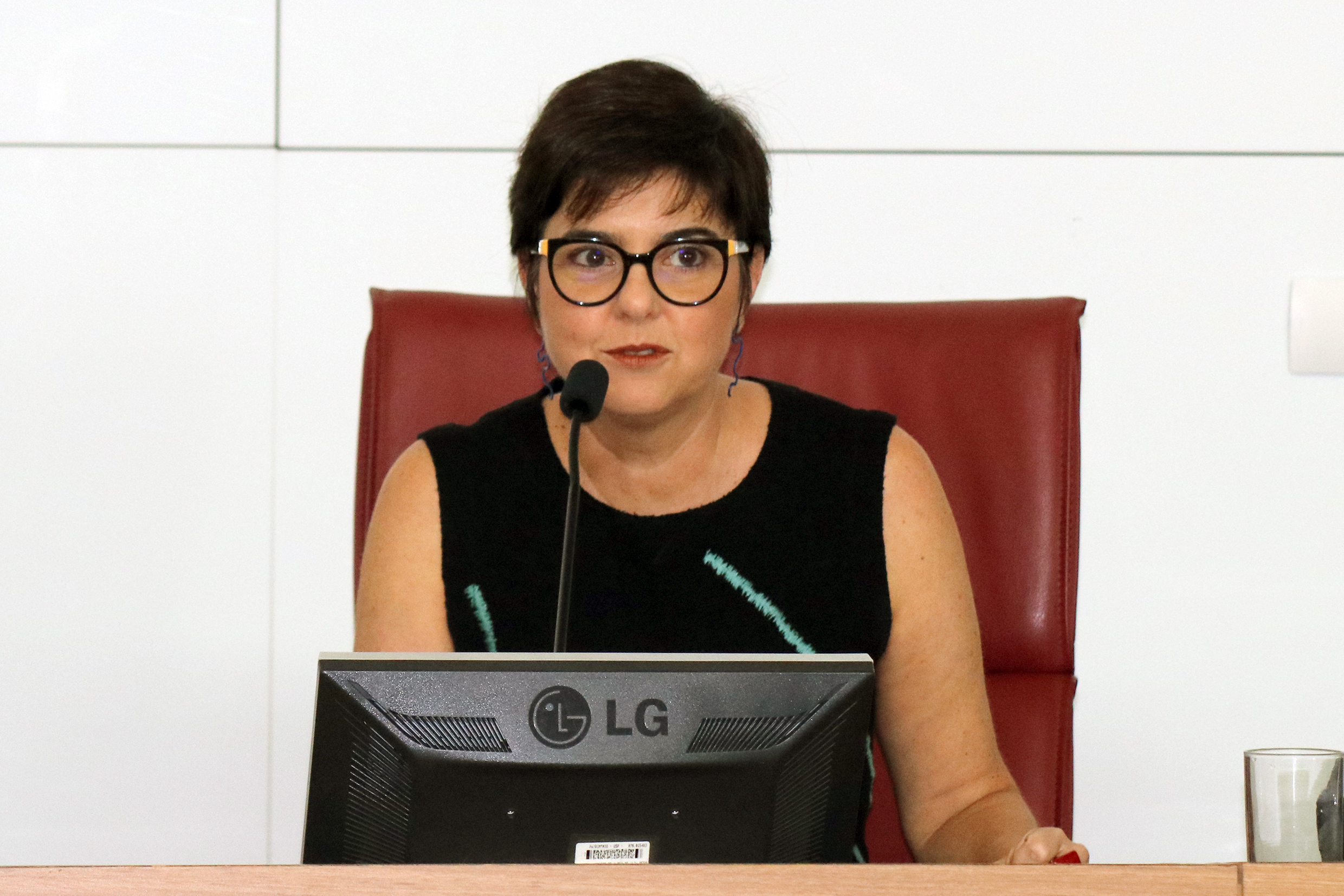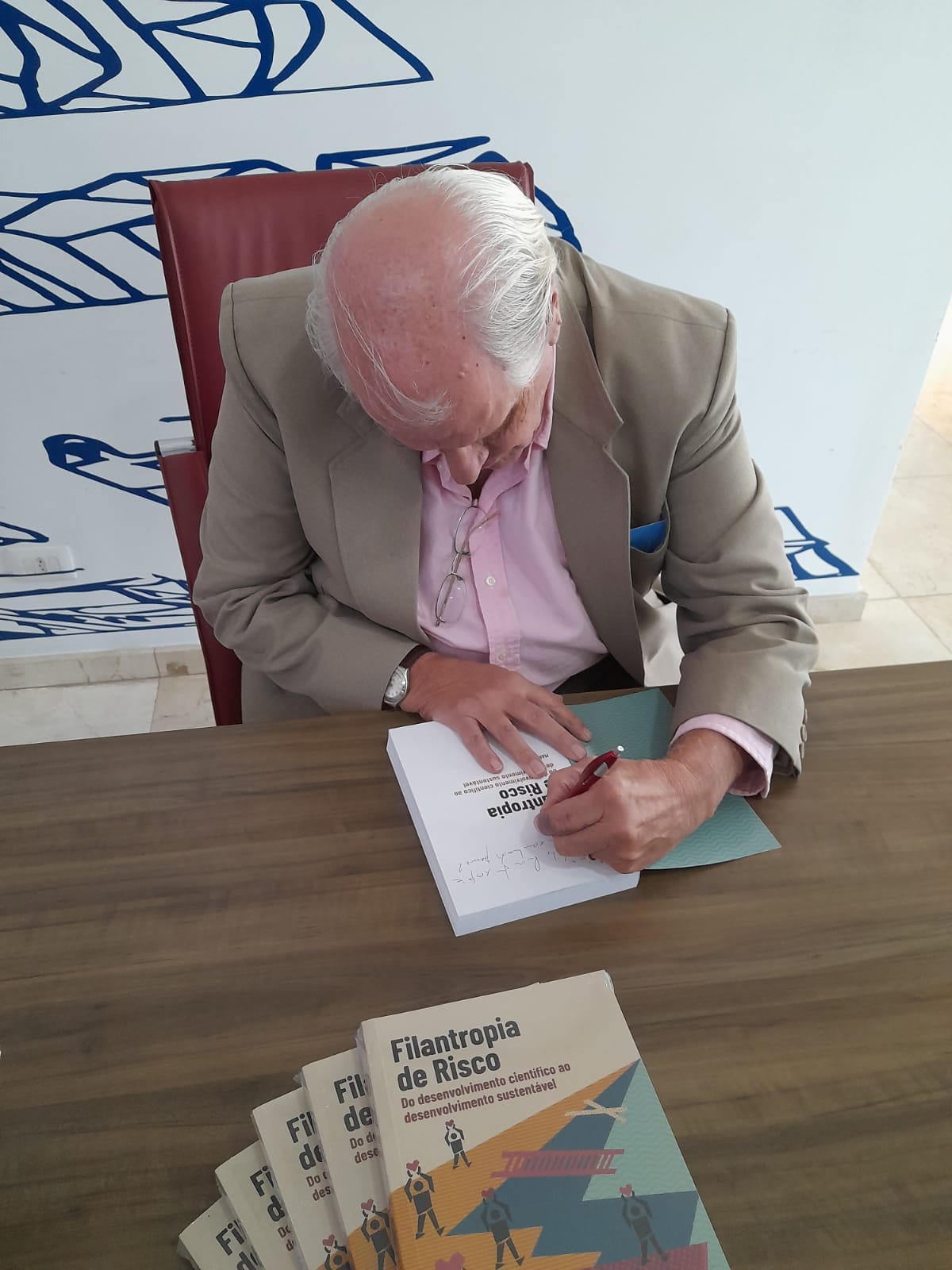The science has its own maturation time, requires experimentation, and demands long-term investment. Endowment funds enable the cause to have long-lasting resources, taking whatever time is necessary,” comments Paula.
The mechanism of endowment funds is already used by several scientific organizations around the world, such as the NIH Common Fund, Harvard University, The Endowment for Basic Science, and in Brazil, the USP Endowment, the FMUSP Medicine Endowment, among others.
Hélio Nogueira Cruz, a member of the Faculty of Economics and Administration of USP and former advisor to IDIS, indicated in the panel ‘Contributions and projects of the University of São Paulo in the field of scientific philanthropy’ that, despite the gains from the mechanism, there is still much to be done. “The experience with endowment funds is recent, and there is enormous room for their evolution,” he said.
Reinforcing international collaboration and seeking inspiration from other parts of the globe, the event also featured the remote presence of Joseph R. Betancourt, president of the Commonwealth Fund. The American organization directs its fund resources to support independent research on health-related issues, seeking to promote greater access and quality of care, especially for people in situations of social and economic vulnerability.
Dr. Marcos Kisil participated in the panel ‘Strategies and future actions to strengthen scientific philanthropy in Brazil’, highlighting the importance of philanthropy as direct support for scientific development. “I think scientific issues begin to have greater prominence in society when you disclose that development cannot occur through cyclical processes but must be through a permanent and sustainable process throughout history, which scientific philanthropy can directly support,” he comments.





